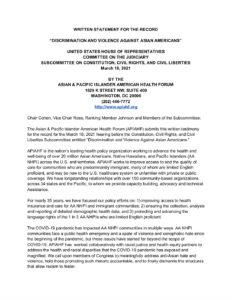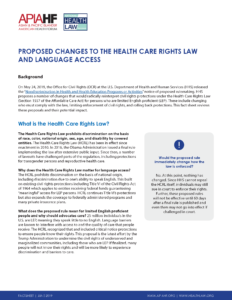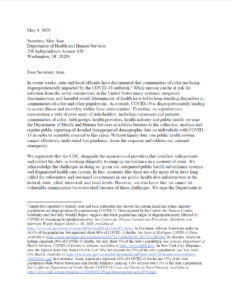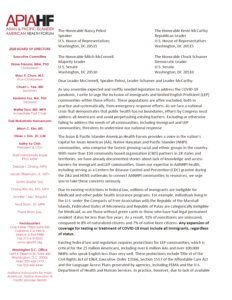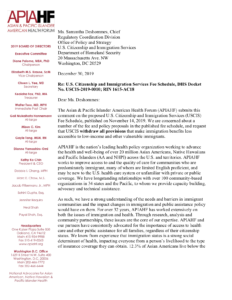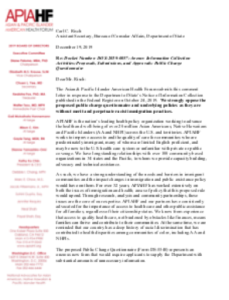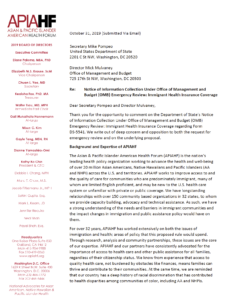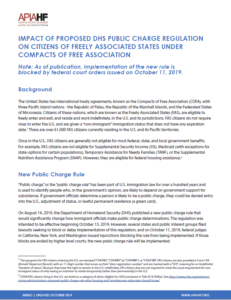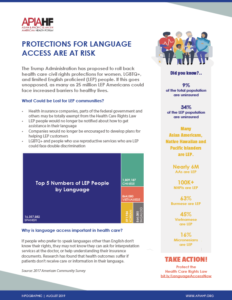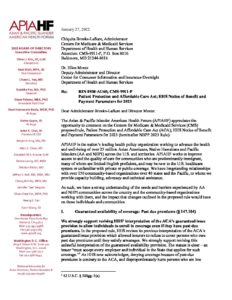
CMS-9911-P on Notice of Benefit and Payment Parameters Comment Letter
Testimony and CommentsAPIAHF submitted this comment letter in response to the Department of Health and Human Services (HHS) Notice of Benefit and Payment Parameters for 2022 proposed rule. We expressed support for revising HHS’ interpretation of the ACA’s guaranteed issue provision, emphasized the proposal to prohibit discrimination on the basis of sexual orientation and gender identity and…

